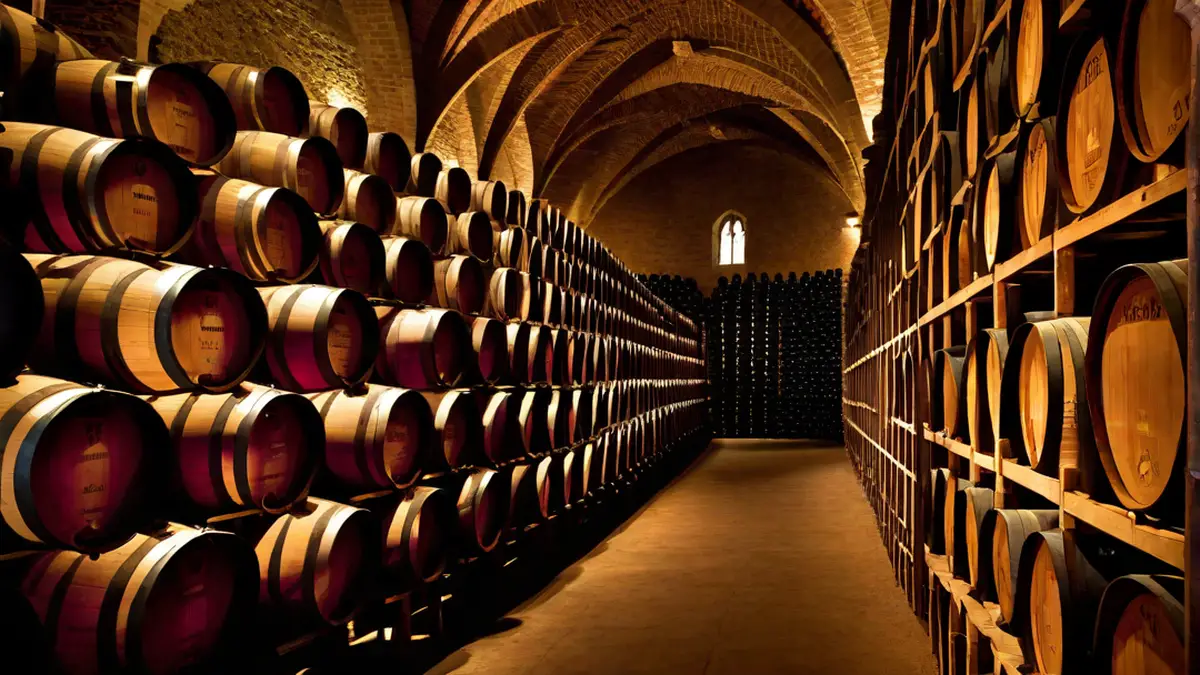I’ve always held a deep fascination for the world of wine, particularly drawn to the allure of Pinot Noir. Its complex flavors, subtle aromas, and refined elegance have made it a favored selection among wine enthusiasts. However, as with any wine, the question comes up: what is the shelf life of Pinot Noir?
In order to answer this question, we need to take a closer look at the aging potential of Pinot Noir. Unlike some other red wines, Pinot Noir is generally known for its relatively short lifespan. While there are exceptions, most experts agree that Pinot Noir is best enjoyed within the first 5-7 years of its vintage.
One of the factors that contribute to the shorter aging potential of Pinot Noir is its delicate structure. This red wine is known for its light to medium-bodied nature, which means it lacks the robust tannins that can help a wine age gracefully over time. Instead, Pinot Noir tends to peak earlier in its life, when its vibrant fruit flavors and subtle earthy notes are at their best.
However, it’s worth noting that not all Pinot Noir wines are created equal. Some producers craft wines with more structure and intensity, which can allow them to age for a slightly longer period. These wines often come from cooler climate regions, where the grapes ripen more slowly and develop more complexity. If you want to age a Pinot Noir, it’s a good idea to look for wines from renowned regions like Burgundy or Oregon.
Another important factor to consider is the storage conditions. Like all wines, Pinot Noir is sensitive to heat, light, and fluctuations in temperature. To maximize its potential lifespan, it’s crucial to store Pinot Noir in a cool, dark place with a consistent temperature. Ideally, a wine cellar or a wine refrigerator would be the best choice.
Now, let’s talk about why you might want to age a Pinot Noir in the first place. While it’s true that Pinot Noir is generally best enjoyed when it’s young and vibrant, there are some instances where aging can enhance its qualities. For example, if you have a high-quality, well-structured Pinot Noir from a renowned producer, aging it for a few years can allow the flavors to integrate and develop more complexity. It can also soften the tannins and bring out secondary aromas like dried herbs or truffles.
However, aging a Pinot Noir is a bit of a gamble. It’s impossible to predict exactly how a wine will evolve over time, and there’s always a risk that it may start to decline in quality instead of improving. This is why it’s important to have realistic expectations and do your research before deciding to age a specific bottle of Pinot Noir.
In conclusion, while Pinot Noir is generally best enjoyed within the first 5-7 years of its vintage, there are exceptions to this rule. Some well-structured and high-quality Pinot Noir wines can benefit from aging, but it’s important to consider the storage conditions and do your research before committing to aging a specific bottle. Ultimately, the decision to age a Pinot Noir comes down to personal preference and the characteristics of the wine itself. So go ahead, explore the world of Pinot Noir and discover the aging potential of this fascinating varietal!
